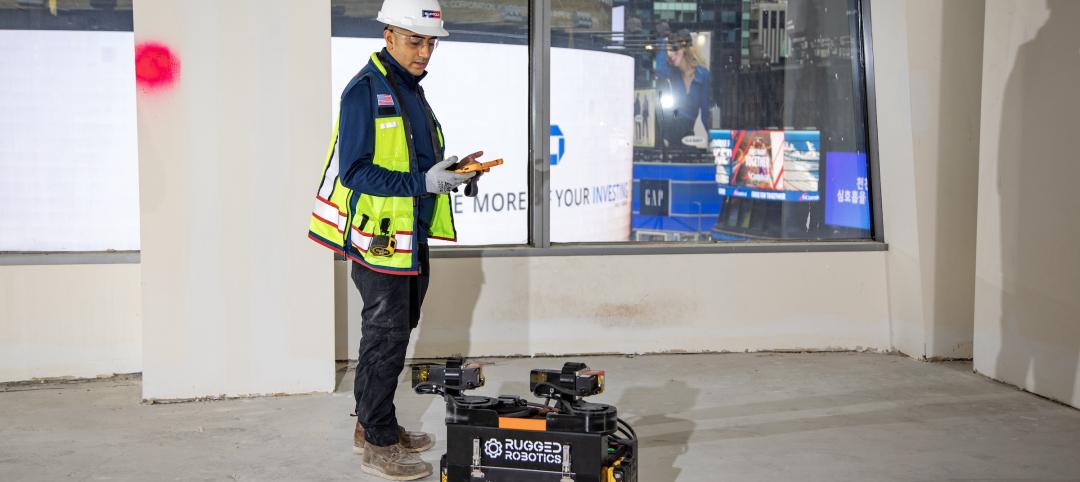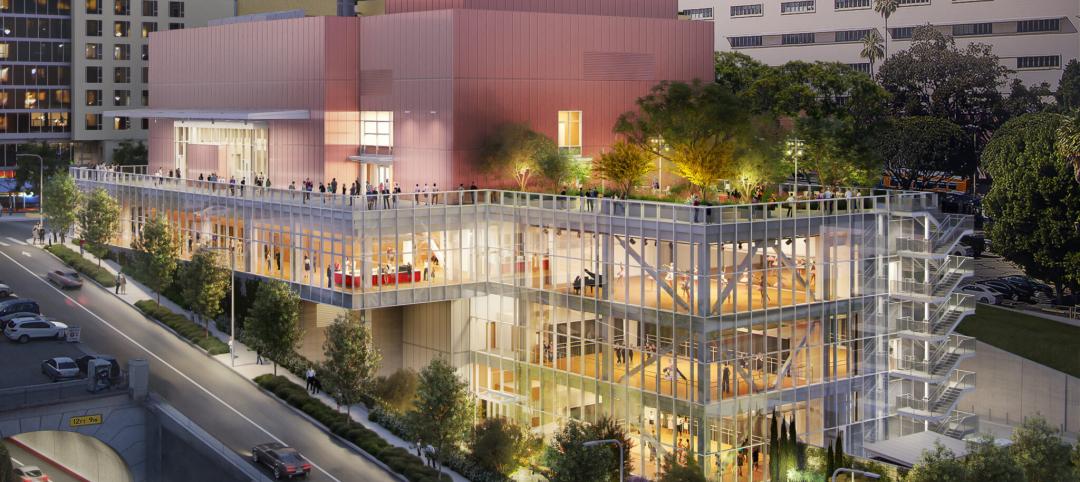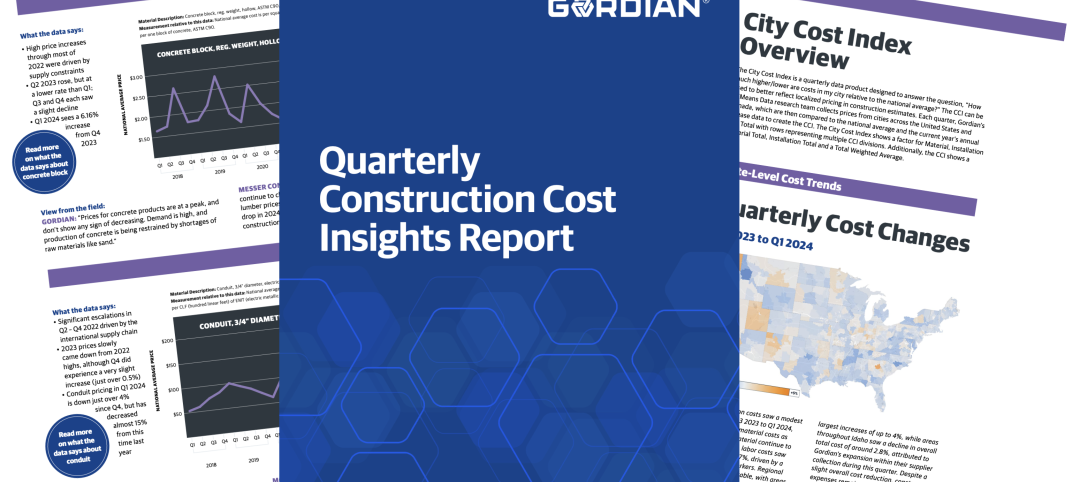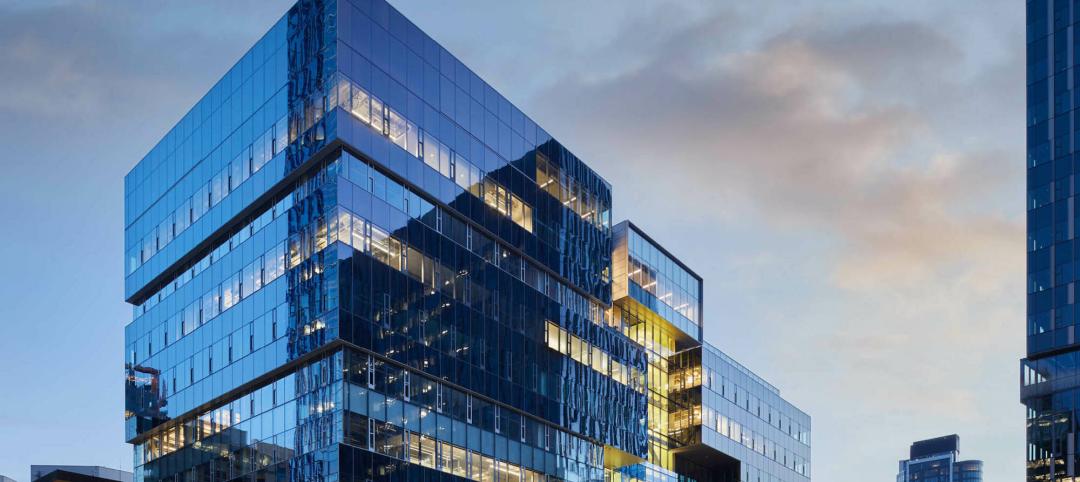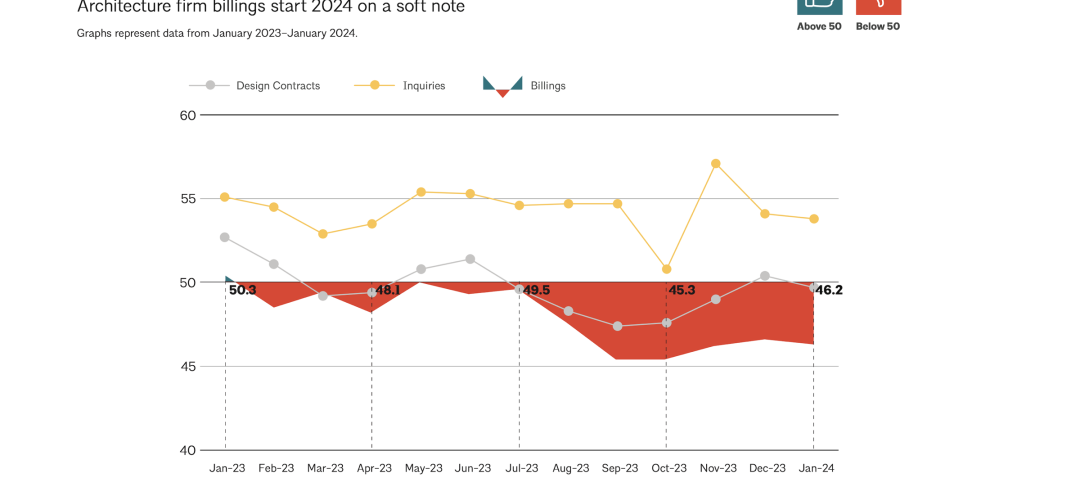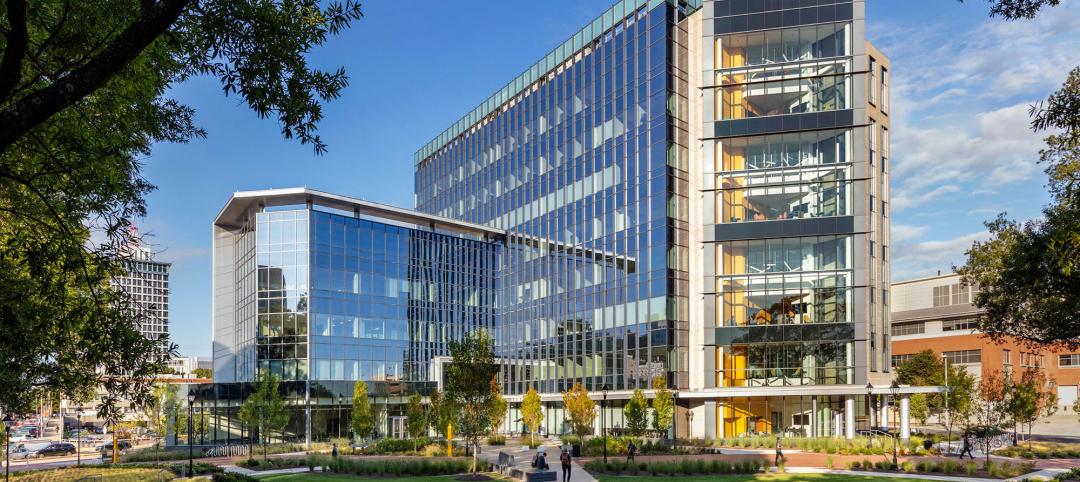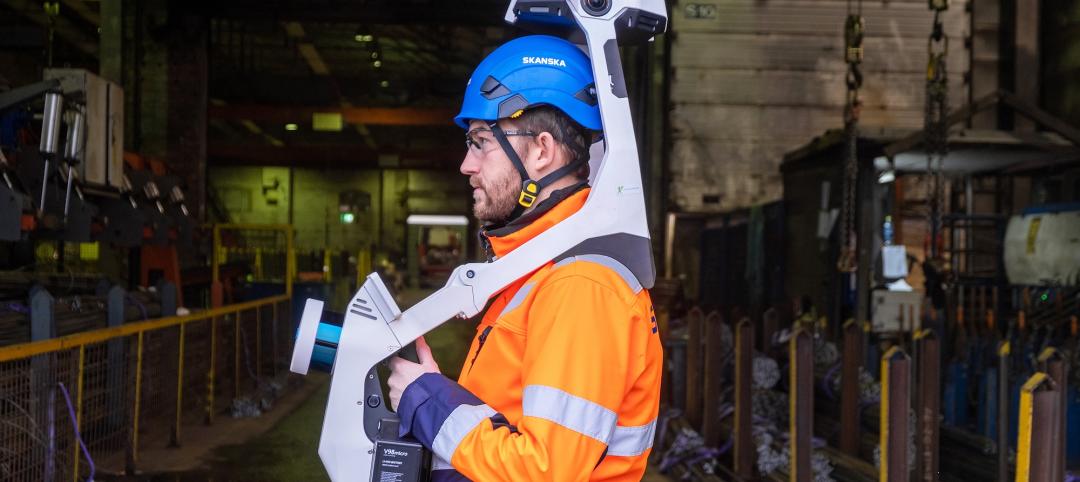The Green Building Initiative (GBI) today announced the launch of a new certification program specific to design of interiors of commercial and institutional buildings, according to GBI president Jerry Yudelson.
The new program, Green Globes for Sustainable Interiors, focuses exclusively on the sustainable design and construction of interior spaces in non-residential buildings and can be pursued by both building owners and individual lessees of commercial spaces. When pursuing Green Globes for Sustainable Interiors certification, tenants can focus on both designing new and/or improving their existing interior space to Green Globes standards without the need to certify an entire building.
“One of the aspects that makes Green Globes for Sustainable Interiors so versatile–and practical–is that it enables tenants to certify the specific environmental and sustainability attributes of the space they lease,” Yudelson said. “Other certifications include aspects of the entire building and surroundings, and as a result, tenant improvements can be penalized for conditions they do not control.”
As with all Green Globes rating programs, Green Globes for Sustainable Interiors utilizes a third-party assessor who reviews actual building characteristics and documentation. However, Green Globes for Sustainable Interiors has no prerequisites, which – if required – could unfairly penalize building projects and possibly result in their inability to use a green building rating system. The Green Globes for Sustainable Interiors program requires that interior designers and tenant project teams address only those sustainability criteria within their “domain of influence.”
The Green Globes 1,000-point scale utilizes weighted criteria; the assigned number of points for individual criteria reflects their relative impact and/or benefit to sustainability of the tenant improvements. Green Globes for Sustainable Interiors includes six environmental assessment areas: Project Management, Energy, Water, Materials & Resources, Emissions and Other Impacts, and Indoor Environment.
In addition to assessing all elements of an interiors project, Green Globes for Sustainable Interiors emphasizes the key performance indicators (KPIs) of energy, materials and indoor environment. Green Globes for Sustainable Interiors does not deal with site characteristics, instead focusing all criteria on parameters within the scope of a typical tenant improvement, resulting in lower costs for certification.
Similar to the Green Globes for New Constuction program, Green Globes for Sustainable Interiors includes a dual-pathway approach to materials choices for interior fit-outs, utilizing either lifecycle assessment (LCA) or Environmental Product Declarations (EPDs). Interior designers are rewarded for using multi-purpose furniture, modular furniture and casework solutions, and other interior fit-out elements that can be easily reconfigured. Additional points are awarded for reuse of existing interior fit-outs, including finishes, furnishings, and other non-structural elements. The Green Globes for Sustainable Interiors rating system also includes direct reference to other industry standards such as the new “level” sustainability standard of the Business and Institutional Furniture Manufacturers Association (BIFMA).
“The Green Globes for Sustainable Interiors program will be especially attractive to tenants who want to improve their workspace sustainability in situations where a landlord does not plan to address changes in other tenant or common spaces,” Yudelson said.
For more information on Green Globes for Sustainable Interiors visit http://www.thegbi.org/green-globes/sustainable-interiors.shtml, or download a PDF on the program here: http://thegbi.org/URL
About the Green Building Initiative
The GBI is a nonprofit organization and American National Standards Institute (ANSI) Standards Developer dedicated to accelerating the adoption of green building practices. Founded in 2004, the organization is the sole U.S. provider of the Green Globes® and federal GBI Guiding Principles Compliance building certification programs. To learn more about opportunities to become involved in the GBI, contact Jerry Yudelson or visit the GBI website, www.thegbi.org.
Related Stories
Windows and Doors | Feb 28, 2024
DOE launches $2 million prize to advance cost-effective, energy-efficient commercial windows
The U.S. Department of Energy launched the American-Made Building Envelope Innovation Prize—Secondary Glazing Systems. The program will offer up to $2 million to encourage production of high-performance, cost-effective commercial windows.
AEC Innovators | Feb 28, 2024
How Suffolk Construction identifies ConTech and PropTech startups for investment, adoption
Contractor giant Suffolk Construction has invested in 27 ConTech and PropTech companies since 2019 through its Suffolk Technologies venture capital firm. Parker Mundt, Suffolk Technologies’ Vice President–Platforms, recently spoke with Building Design+Construction about his company’s investment strategy.
Performing Arts Centers | Feb 27, 2024
Frank Gehry-designed expansion of the Colburn School performing arts center set to break ground
In April, the Colburn School, an institute for music and dance education and performance, will break ground on a 100,000-sf expansion designed by architect Frank Gehry. Located in downtown Los Angeles, the performing arts center will join the neighboring Walt Disney Concert Hall and The Grand by Gehry, forming the largest concentration of Gehry-designed buildings in the world.
Construction Costs | Feb 27, 2024
Experts see construction material prices stabilizing in 2024
Gordian’s Q1 2024 Quarterly Construction Cost Insights Report brings good news: Although there are some materials whose prices have continued to show volatility, costs at a macro level are returning to a level of stability, suggesting predictable historical price escalation factors.
High-rise Construction | Feb 23, 2024
Designing a new frontier in Seattle’s urban core
Graphite Design Group shares the design for Frontier, a 540,000-sf tower in a five-block master plan for Seattle-based tech leader Amazon.
Construction Costs | Feb 22, 2024
K-12 school construction costs for 2024
Data from Gordian breaks down the average cost per square foot for four different types of K-12 school buildings (elementary schools, junior high schools, high schools, and vocational schools) across 10 U.S. cities.
MFPRO+ Special Reports | Feb 22, 2024
Crystal Lagoons: A deep dive into real estate's most extreme guest amenity
These year-round, manmade, crystal clear blue lagoons offer a groundbreaking technology with immense potential to redefine the concept of water amenities. However, navigating regulatory challenges and ensuring long-term sustainability are crucial to success with Crystal Lagoons.
Architects | Feb 21, 2024
Architecture Billings Index remains in 'declining billings' state in January 2024
Architecture firm billings remained soft entering into 2024, with an AIA/Deltek Architecture Billings Index (ABI) score of 46.2 in January. Any score below 50.0 indicates decreasing business conditions.
University Buildings | Feb 21, 2024
University design to help meet the demand for health professionals
Virginia Commonwealth University is a Page client, and the Dean of the College of Health Professions took time to talk about a pressing healthcare industry need that schools—and architects—can help address.
AEC Tech | Feb 20, 2024
AI for construction: What kind of tool can artificial intelligence become for AEC teams?
Avoiding the hype and gathering good data are half the battle toward making artificial intelligence tools useful for performing design, operational, and jobsite tasks.



